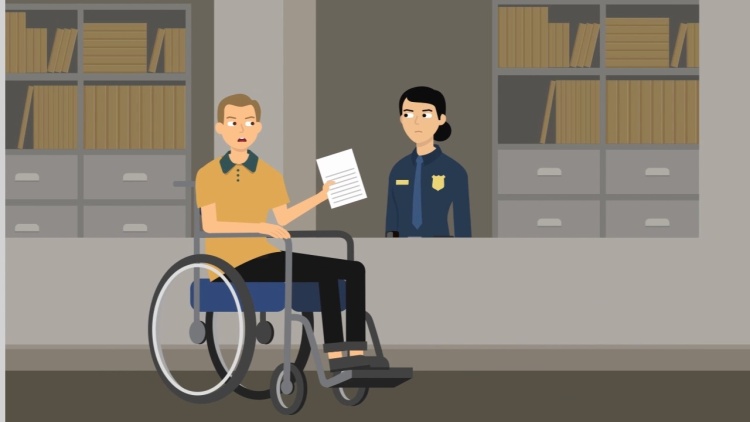Mickey v. Mickey
Supreme Court of Connecticut
974 A.2d 641 (2009)
- Written by Craig Conway, LLM
Facts
Jacqueline Mickey (plaintiff) and Darrell Mickey (defendant) were divorced in 2001. At the time of dissolution, Darrell was a corrections officer enrolled in a state employees’ retirement program and would be eligible for hazardous-duty retirement benefits if he qualified. Additionally, Darrell would receive disability-retirement benefits if he ever became injured and permanently disabled during his employment. The trial court awarded Jacqueline a portion of Darrell’s normal retirement benefit and hazard-duty benefits where applicable, but did not explicitly address whether Jacqueline was entitled to any portion of the disability benefits. Following the divorce, Darrell became injured and disabled during the course of his employment, and he retired. Consequently, Darrell began receiving monthly disability benefits. Jacqueline continued to receive a portion of Darrell’s entire monthly benefit payment, including disability benefits. Darrell filed a motion requesting that the trial court clarify whether it intended to distribute the disability benefits to Jacqueline. If the trial court did intend to do so, Darrell argued that the court lacked the statutory authority to distribute those benefits because the benefits were acquired after the divorce. The trial court held that it had the authority to distribute retirement benefits attributable to Darrell’s disability. Darrell appealed.
Rule of Law
Issue
Holding and Reasoning (Zarella, J.)
Concurrence/Dissent (Norcott, J.)
What to do next…
Here's why 905,000 law students have relied on our case briefs:
- Written by law professors and practitioners, not other law students. 47,100 briefs, keyed to 995 casebooks. Top-notch customer support.
- The right amount of information, includes the facts, issues, rule of law, holding and reasoning, and any concurrences and dissents.
- Access in your classes, works on your mobile and tablet. Massive library of related video lessons and high quality multiple-choice questions.
- Easy to use, uniform format for every case brief. Written in plain English, not in legalese. Our briefs summarize and simplify; they don’t just repeat the court’s language.





